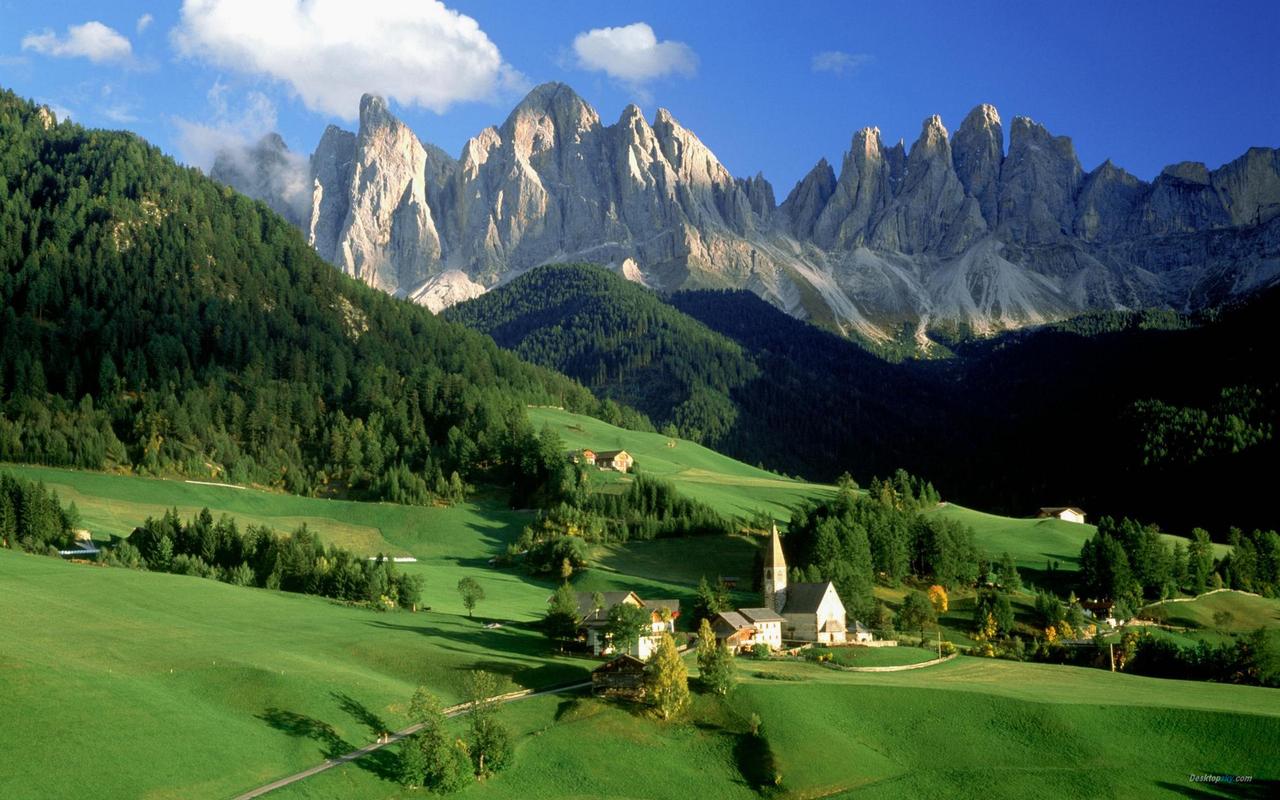The Influence of Social Media on Popular Culture Nowadays
Social media has revolutionized the way we communicate, the way we socialize, and the way we consume content. It has become an integral part of our daily routine, and its impact on popular culture cannot be ignored. In this blog post, we will explore the influence of social media on popular culture and how it has changed the way we interact with each other.
The Rise of Social Media
Social media platforms such as Facebook, Twitter, Instagram, and LinkedIn have grown exponentially in recent years. According to a report by the Pew Research Center, 72% of U.S. adults use social media, and this number is only expected to grow. With the rise of social media, access to information has become easier than ever before. We can now connect with people all over the world, share our thoughts and ideas, and consume a vast amount of content in a matter of seconds.
How Social Media Influences Popular Culture
Social media has had a profound impact on popular culture. We can see this in the new trends that emerge on these platforms. For example, the hashtag #selfie became a global phenomenon in 2013, with millions of people taking and posting selfies on social media. In addition, social media has also given rise to new subcultures, which have gained immense popularity in recent years. For instance, vaping and hipster culture became popularized through social media posts and images.
Social Media and Celebrity Culture
Celebrity culture has always been a part of popular culture, but social media has changed the game. Celebrities can now connect with their fans on a more personal level, showcasing their lives and daily experiences through posts and stories. This has given rise to a whole new industry of social media influencers, who have millions of followers and influence purchasing decisions for many products.
The Dark Side of Social Media on Popular Culture
While social media has given us unprecedented access to information and allowed us to connect with people all over the world, there are downsides. One of the most significant issues is the spread of fake news and the manipulation of information. Social media algorithms can influence the content that we see, and this can lead to the formation of echo chambers and the silencing of opposing views. In addition, social media has been linked to increased rates of depression and anxiety, particularly in young people, leading to concerns over the impact on mental health.
Conclusion
Social media has undoubtedly had a significant impact on popular culture. It has given us access to a vast amount of information, allowed us to connect with people all over the world, and given rise to new trends and subcultures. However, we must also acknowledge the downsides and work to address these issues. Overall, social media will continue to play a vital role in shaping popular culture for the foreseeable future.
(Note: Do you have knowledge or insights to share? Unlock new opportunities and expand your reach by joining our authors team. Click Registration to join us and share your expertise with our readers.)
Speech tips:
Please note that any statements involving politics will not be approved.
